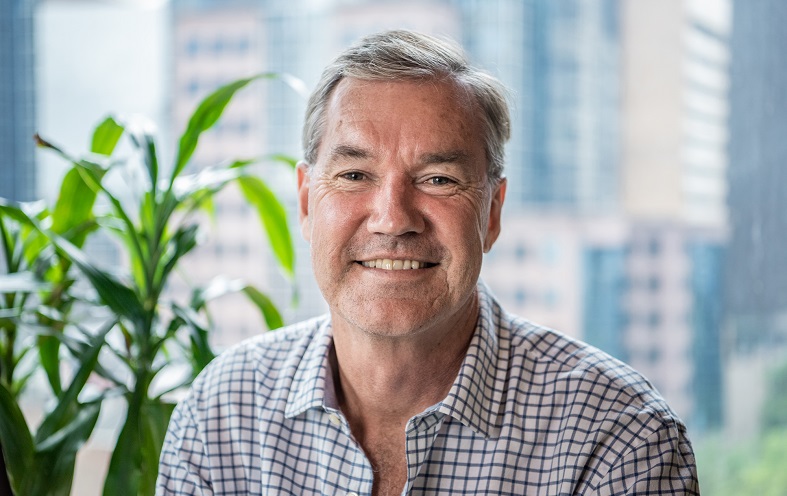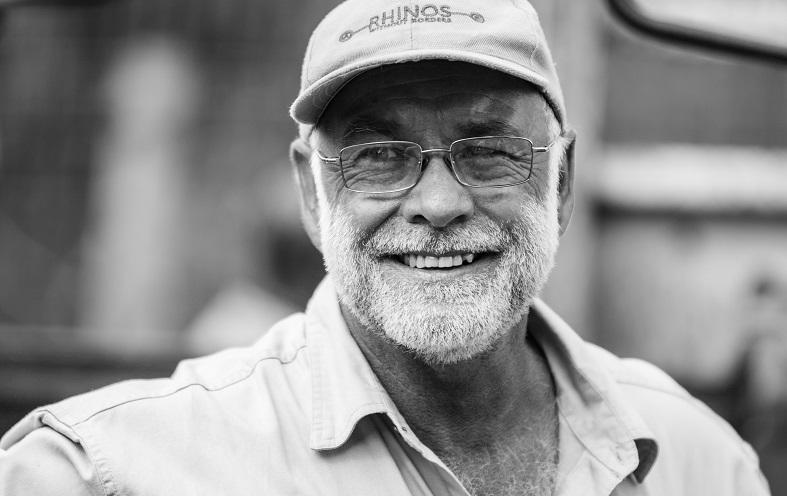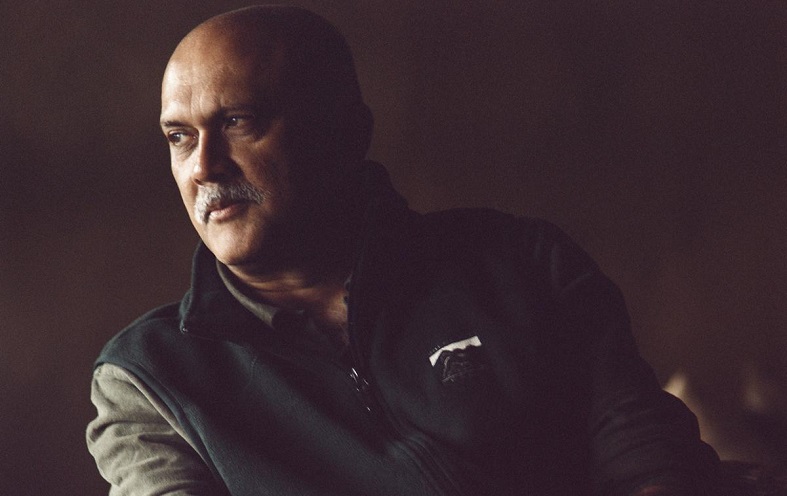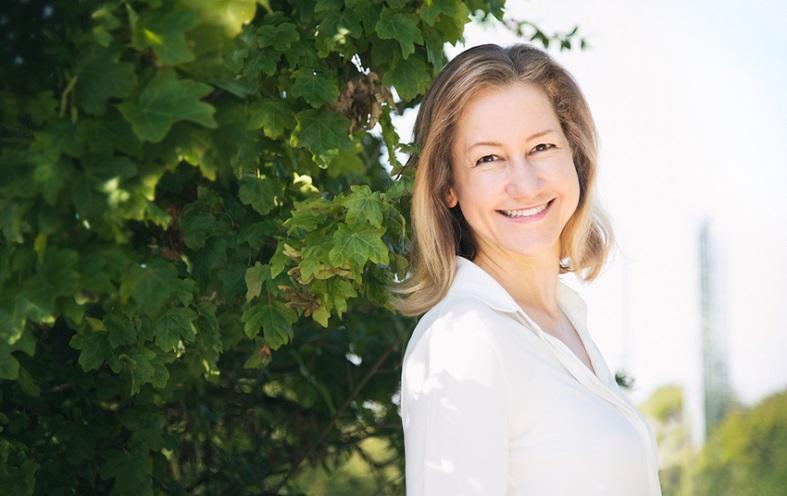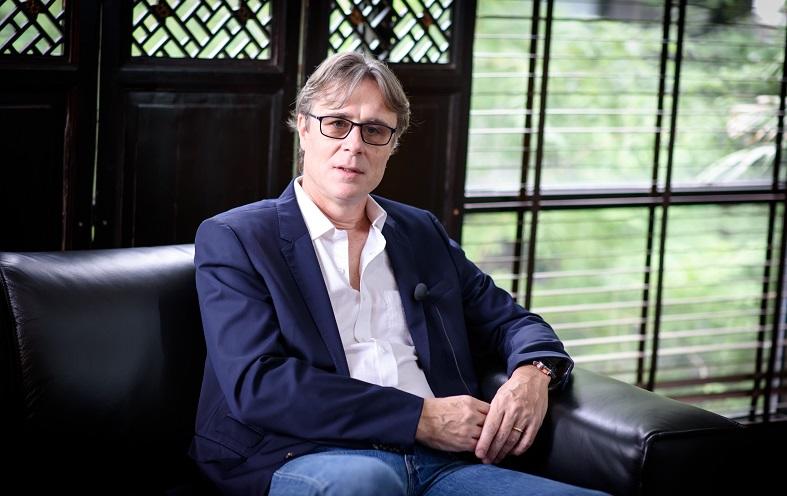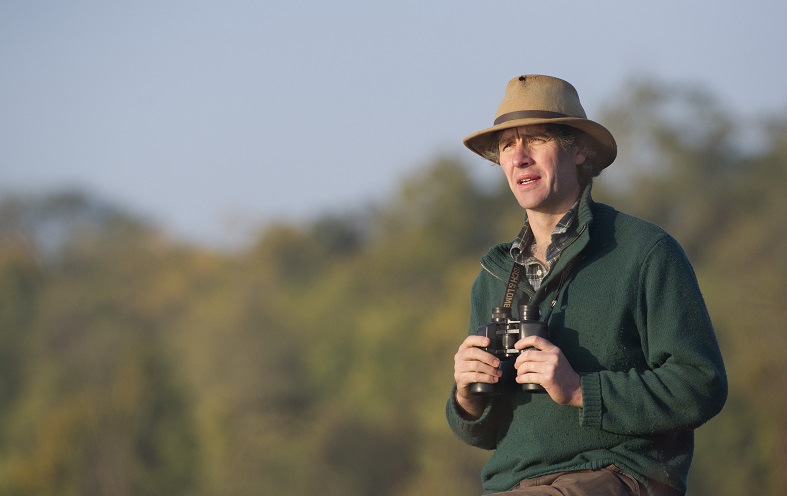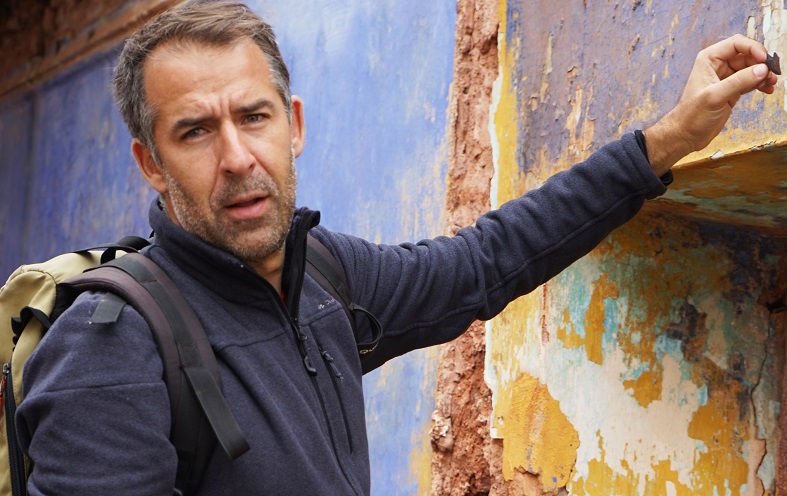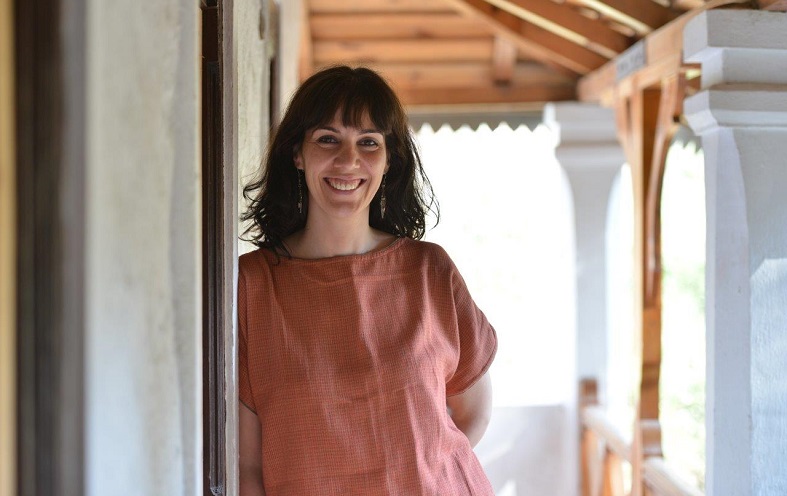
Katie Hallaran in this interview introduces us to the Soksabike and Kinyei Café projects in Battambang, Cambodia. She explains how the pioneering responsible tourism businesses and social enterprises are creating employment for the local youth and unforgettable, authentic travel experiences. Learn about the vision, ambitions and challenges involved in building and maintaining a business which is profitable and at the same time respectful of land, culture and local communities.
Learn about:
- Why Katie Hallaran decided to focus on tourism as a tool for sustainable community development in Cambodia;
- How the social enterprises Soksabike and the Kinyei Café support community development through training and capacity building;
- The challenges Katie and her team are facing as social entrepreneurs, and how they deal with them;
- How international recognition and awards have benefited the team and business;
- How a stronger focus among international funding agencies on responsible tourism is impacting social enterprises such as Soksabike.
Katie, your early career led you to work with international development institutions and support humanitarian and environmental efforts. Do you remember the first time you heard about “sustainability”? What brought you to the topic in the first place? And how did this led you to enter the tourism scene in Cambodia?
I first heard about sustainability in a business context rather than through tourism. Working in non-profits, I saw how large sums of money were used and distributed in ways that could have been more effective with sustainable practices, to ensure programs weren’t just a one-time infusion of funds with limited social impact.
My unhappiness with this model led me to join with my other co-founders in reflecting on different approaches to supporting local youth to drive sustainable development in Battambang, Cambodia.
We weren’t originally looking at tourism as a way to do this. But Soksabike – our bicycle tour company – actually ended up being our first social enterprise founded in Battambang because it provided a meaningful forum for exchange between guides and travelers, as well as an engine for job creation, and community development.
What made you decide to create a social enterprise focused on sustainable tourism? Was tourism the first option you thought of, to use as a tool for conservation and community development?
Once we had decided to start a bicycle tour company as a means of training and professional development for local youth, it was clear we had to work with the community to make it happen. Our guides were part of the community, so working with local families in a respectful and mindful way was important. We designed our tour around these principles.
Soksabike wasn’t the only enterprise we developed for community development and vocational training. While we built Soksabike, my co-founders and I also created a space for local NGOs, community youth, and the expat community, to share ideas and work together to solve community-identified problems.
This was the start of Kinyei Café, which originally shared retail space with Soksabike. The path for us wasn’t directly related to tourism, but to achieve our goals we realized tourism would be the perfect tool.
Which have been the main sustainability challenges that Kinyei had to overcome to be where it is today? And how did you overcome those?
Business sustainability is a challenge for Kinyei International. Kinyei Café went through a partnership process 2 years ago to bring in café experts who could better support and grow the business, as well as its vocational training programs.
Soksabike has run into new obstacles as well that we realize others may be better equipped to address. A challenge for Soksabike specifically is maintaining the higher prices of running a truly responsible product, when the rest of the market doesn’t hold the same principles and sells their products at cheaper rates. While this is an ongoing struggle, our programs, commitments, and guide reputation speak for themselves, and guests remain interested in a high-quality product.
We’ve also struggled as the job market has changed in Battambang, which directly impacts our human resources strategy. Initially, we received far more applicants for a tour guide than we could take, and generally, with a lower English skill set, and experience level. These first guide cohorts were green but full of energy and enthusiasm for sharing their heritage.
As Battambang has grown up around us, there are now more opportunities for young people, including as loan offers in microfinance organizations, and as teachers, often with more competitive salaries than Soksabike is able to offer trainee guides.
Fewer young people are willing to work outside, as they crave the prestige of office work. While we’ve seen the landscape change, we’ve also changed our strategy for recruitment, targeting university students from English and tourism programs, and presenting our business as opening up long term opportunities for growth, knowledge exchange and travel.
Now we tend to attract fewer applicants, but those that come through are higher-skilled and are motivated by Soksabike’s social impact orientation and values.
Which factors do you personally think have been the catalysts of the exponential success of Kinyei International? Would you say that part of Kinyei’s success is due to increased demand for sustainable/responsible travel experiences in Cambodia?
One of the largest factors in our success at Kinyei International is the loyal and committed staff at each organization – Kinyei Café and Soksabike. We’ve instilled the importance of ‘train to replace’ in all our teachings. Our staff have taken it to heart and created amazing peer to peer mentoring networks that have created barista champions and outstanding tour guides.
Our success also stems from being at the forefront of responsible travel. Although we weren’t aiming to create organizations based on sustainable tourism, we were early to the trend of creating a business that supported and worked with the local community.
Travellers to Cambodia understand that the country has been through a lot of hardship and are looking for ways to give back. Unfortunately, many of those opportunities are exploitative and do not support local communities.
As awareness around this grows, Soksabike and Kinyei Café can be held as an example of responsible practices. In the end, we offer a high-quality product that travellers want to partake in, regardless of their opinions towards responsible tourism.
Given your background in development and consultancy – do international development funding mechanisms adequately facilitate social enterprises with local youth in destinations like Cambodia?
Until recently (the last 5-7 years), institutional funding from sources like USAID and DFAT was focused on development in a very traditional way, tied to 3-5 year timelines, isolated interventions and disconnected from markets. Nearly every donor is now thinking about how to incorporate social enterprise support into their programming, largely because of the sustainability aspect baked into a business.
I still don’t see many funding mechanisms targeting the responsible tourism sector, or social enterprises operating in this space. The Mekong Business Initiative, for instance, works to scale up tourism solutions, many of them technology-based, across Southeast Asia, but does not have a social impact or social enterprise requirement.
What is exciting to see is the local ecosystem (across Cambodia) responding to gaps that social enterprises often face around talent acquisition, human resource capabilities, and funding issues. Many collaborations are coming up where hubs (like Impact Hub Cambodia) are offering tailored talent assistance. And funders (private as well as institutional, like the UN) are putting forward blended financing vehicles that better meet the needs of the local entrepreneurs.
There are increasing opportunities for funding and acceleration support available to Soskabike as a social enterprise working with youth. A greater benefit to Soksabike would be capacity development programs available for our guides and staff. Ideally in combination with reduced or free rates, so they can develop the skills they need to be successful after their time with Soksabike or to drive Soksabike’s mission forward more independently.
How do sustainability or responsible practices in tourism provide a competitive advantage for start-ups?
Sustainable and responsible practices have helped Kinyei International determine the needs of the community before developing a product. This has created strong relationships with the local community, which in turn has eased our path to development and is also visible to our customers.
In addition, customers value guides that know the community and can share their own experiences. So, by employing local students we add value to our product.
The most obvious competitive advantage we’ve received is international recognition through multiple awards for our responsible tourism efforts.
Innovation in the tourism supply chain – particularly when speaking about the sharing economy – is a topic of increased concern and debate, mainly when discussing its unintended negative effects like over-tourism or over-gentrification. Are there other aspects of the sharing economy that you consider are not being taken into consideration?
A big piece of the sharing economy that should be taken into account is which groups are accessing those markets and benefiting from it. For example, educated people with access to the internet can list their apartments on Airbnb. But locals who may be interested in hosting international guests but might lack digital literacy may not be aware of the benefits of the sharing economy. They are excluded and at a disadvantage. In many cases, they may also need additional training to learn how to engage with this customer source.
As more and more people have disposable income to travel, and as access to destinations increases, stewardship of resources, and community involvement is a crucial conversation that needs to be had.
We are constantly in dialogue and discussion about this internally, and with our customers at Soksabike. We are always balancing our business goals of serving more customers with our social impact values. For example, we cap tour numbers to ensure that we are not treading too heavily on the communities and environments we visit.
In seven years, Kinyei has become an international role model, winning the Wild Asia Responsible Tourism Award in 2015 and being finalists for the WTTC Tourism of Tomorrow Awards in 2016. How have these recognitions impacted you and the team at Kinyei?
These awards have meant a great deal to the team; they have given our local team opportunities to travel internationally (when many have never before). They could share their experiences and passions for both Kinyei Café and Soksabike, and demonstrate great ways to have a true impact on communities.
In 2015, four local staff members travelled internationally for events and conferences related to the awards. This is incredibly meaningful and valuable for our team, an opportunity that we didn’t anticipate from this kind of recognition.
These awards have also pushed us into the spotlight for Battambang tourists and have driven additional business, which helps further our impact as well.
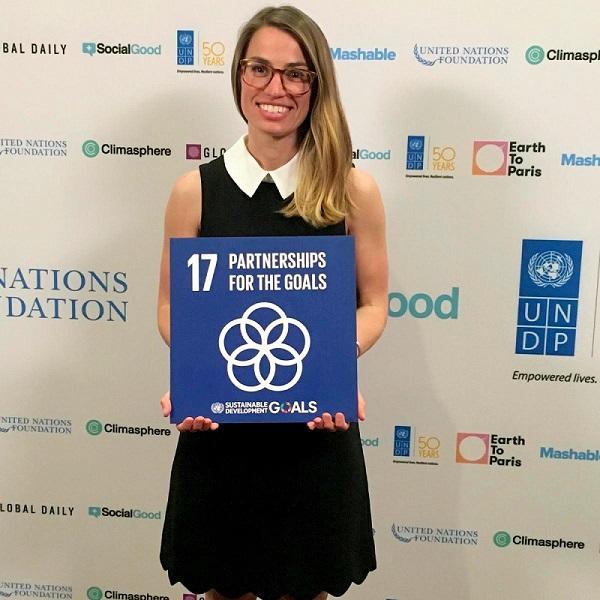 The WTTC Tourism for Tomorrow award judging panel selected Kinyei for its outstanding commitment and actions to advance on the United Nations SDGs #4 (Quality Education) and #8 (Decent Work and Economic Growth). How optimistic are you that your capacity building initiatives will lead to long-term, sustainable economic development of the communities you work with?
The WTTC Tourism for Tomorrow award judging panel selected Kinyei for its outstanding commitment and actions to advance on the United Nations SDGs #4 (Quality Education) and #8 (Decent Work and Economic Growth). How optimistic are you that your capacity building initiatives will lead to long-term, sustainable economic development of the communities you work with?
Our work has had proven returns already. We’ve had Kinyei International alumni go on to work for large regional tour operators, start their own businesses, get postings abroad, and more. The staff recognize the value they receive from Kinyei International and work to pass it on before embarking on new adventures.
One of our guiding values is “train to replace”, and our mentorship program naturally instils this spirit in our team. Our challenge is to remain a preferred employer, as Cambodia develops, and competition grows so that we can continue to develop youth that will continue Soksabike’s responsible travel legacy in Battambang.
Which trends do you observe internationally that might support or hinder a better, more responsible tourism development in Cambodia?
This year has been filled with development in the sustainable tourism sector. Large companies like Intrepid have banned elephant tourism. Countries like Australia have put an end to orphanage tours, and the UN named 2017 as the year of sustainable tourism for international development.
There is a movement towards responsible decisions around travel. This will have huge benefits for Cambodia, a country that relies heavily on tourism and where travellers are often lured into tours with itineraries that have a negative impact on communities.
The current challenge in Cambodia is the deteriorating political atmosphere. Tourism is a market very sensitive to perception – if Cambodia begins to look down on foreigners in the country, or limit movement, then this will hinder further tourism development and delay responsible tourism implementation in Cambodia.
Kinyei’s business model is built upon close collaboration with the local community, particularly local youth and families that participate with the bike tours. How can social entrepreneurs ensure that community engagement is genuine and that the benefits reach local stakeholders?
At Kinyei, we endeavour to involve our employees in major decisions and check in with them frequently to determine how they seek to develop while in our employment. We are constantly assessing our initiatives to make changes and develop new training to ensure employee satisfaction and product refinement.
In addition, we provide community businesses and families with direct economic compensation for their time to ensure they are not overlooked. We also check in with them bi-annually to solicit their feedback, gauge if they are still interested in working with us and invite any suggested changes.
Relationships are at the core of a social enterprise; at Soksabike we hold our relationships with our three key stakeholders – our workforce, our community and our customers – very dear and engage with them daily. That is how the connection remains strong, and as a result, the product remains high quality,
Looking forward, which developments do you plan or foresee for Kinyei in the next years?
We partnered our Kinyei Café business with Feel Good Coffee in 2015, as a way to ensure the café’s long term sustainability, and provide Feel Good with a known brand, and turnkey platform to enter Battambang. Feel Good is an experienced hospitality partner aligned with Soksabike in its commitment to vocational training and youth development. As part of the agreement, Feel Good and Kinyei Café created an employee trust. Now, Kinyei Café’s manager-owner, Yong, is a student whom we trained as a barista in 2011. Seeing his transformation has been nothing less than thrilling.
We are designing some very exciting alliances for Soksabike this year. Our vision is a similar partial ownership transfer to Kinyei, whereby the local team will be empowered while continuing to receive management and leadership training.
Our hope is to ensure community engagement, continue our impact initiatives, and provide the strategic guidance to expand Soksabike into new markets around Cambodia and beyond.
Thank you, Katie.
Connect with Katie Hallaran on LinkedIn.
Enjoyed our interview with Katie Hallaran on how the social enterprises Soksabike and Kinyei Café in Battambang, Cambodia, create employment opportunities while at the same time offering high-quality, responsible tourism experiences? Spread the word!

